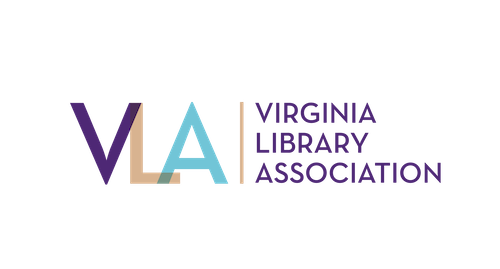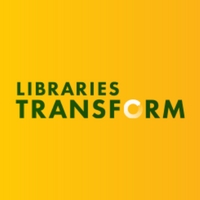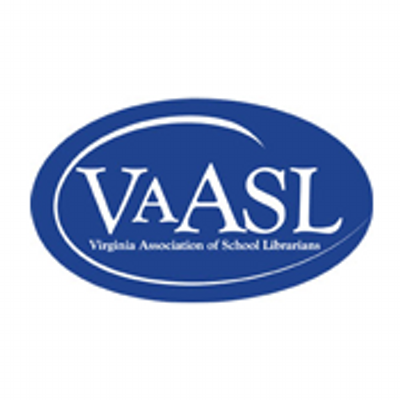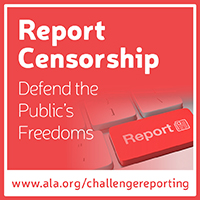|
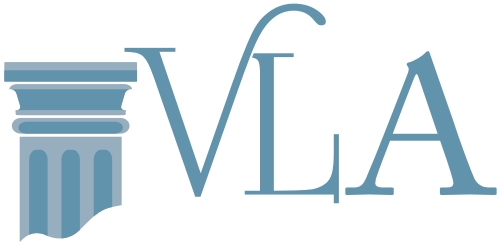
In response to recent comments raised by the Chesterfield Observer, the Virginia Library Association affirms the American Library Association’s Library Bill of Rights, which is based upon rights guaranteed in the First Amendment of the United States Constitution.
- We believe these comments, including the call for dismissal of school librarians who had produced summer reading lists with a variety of books from which students could choose, a few being cited in the piece as inappropriate reading for students, reflect a misunderstanding of the role of librarians.
- Librarians support and encourage parents’ active involvement in their children’s education. The responsibility for what minors read belongs to the parents alone and may not be delegated to the library or others. The key purpose of a reading list with a variety of choices is to provide caregivers a tool to discuss the merits of recommended works with their children from their value perspective, not promote certain choices or ideals. Research demonstrates that literature teaches empathy, and offers students the chance to learn about others about whom they may have little knowledge or whom they may never encounter outside of their reading experience. The role of the professional librarian is to provide a range of titles as options that reflect a diversity of thought.
- We believe that institutional labeling of books or media by policy or political opinion is a form of censorship, and that parents, students, and teachers can work together to make the best choice when there is a disagreement about what is appropriate for an individual student. Exposure is not the same thing as endorsement of content, and sometimes even violent content or crude language can help students understand the different social experiences of other young people. Restrictive policy leads to self-censoring by educators who would rather avoid conflict, and deprives students the opportunity to be exposed to a wider range of viewpoints to choose from in forming their own personal opinions. Decreasing the range of viewpoints discourages the promotion of diversity, diminishes intellectual rigor, and shrinks the student’s world and thus, the understanding of it.
We encourage all of our members to read the linked articles and statements (below) and to contact friends and colleagues in Chesterfield County to urge them to attend the hearing on August 3 and/or contact their elected policymakers to stand for the freedom to read.
Links to more information:
VLA will send updates, if appropriate, as this situation continues to develop.
— The Virginia Library Association Intellectual Freedom Committee |
